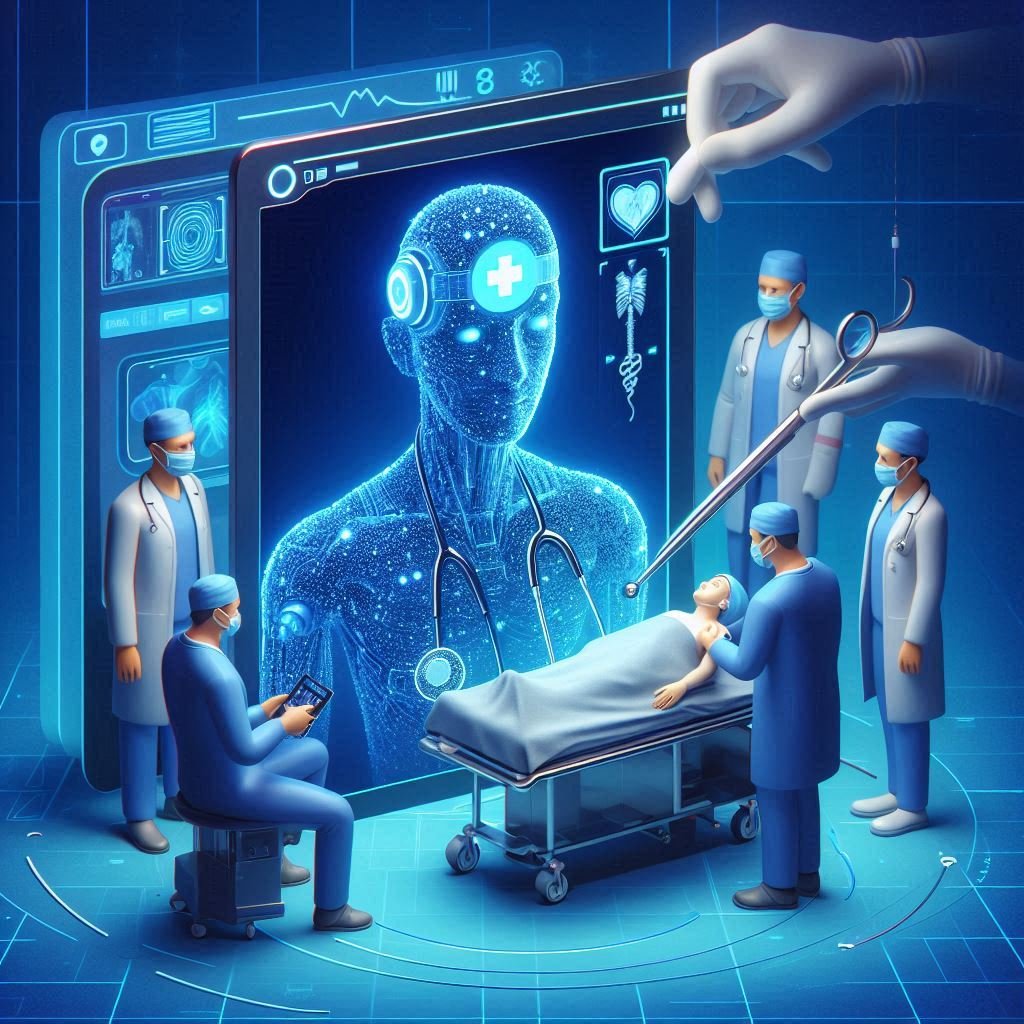
In the ever-evolving landscape of healthcare, artificial intelligence (AI) has emerged as a transformative force, redefining how we diagnose, treat, and manage patient care. Yet, one profound message resonates through every interaction with this cutting-edge technology: AI is not here to replace clinicians but to empower them. This sentiment was reinforced during a recent workshop, where we delved deep into AI’s capabilities, from diagnostics to data-driven decision-making, and its potential to improve patient outcomes.
AI: A Partner in Clinical Excellence
The workshop highlighted several AI applications that are already making waves in healthcare. These include:
- AI-Assisted Diagnostics: Enhancing the accuracy and speed of detecting conditions like cancer, cardiovascular diseases, and neurological disorders.
- Predictive Analytics: Identifying at-risk patients through data patterns, enabling early intervention and personalized care.
- Streamlined Operations: Automating administrative tasks to allow clinicians more time to focus on patient care.
The central takeaway was clear: AI is a tool to augment, not replace, clinical expertise. It empowers healthcare professionals to make more informed decisions, streamlining workflows while maintaining the human touch that defines quality patient care.
A Vision for Accessible Healthcare: Diabetic Retinopathy Screening Tool
Beyond the workshop, I had the privilege of participating in a healthcare hackathon that brought together innovators, developers, and healthcare professionals. Our team presented an AI-based screening tool for diabetic retinopathy designed for community-level use. This tool aims to:
- Address Accessibility: Providing a cost-effective solution for early detection in underserved regions.
- Enhance Preventive Care: Identifying retinopathy at its earliest stages, preventing complications like blindness.
- Bridge Gaps: Empowering local healthcare workers with AI tools to serve communities where specialist care may not be readily available.
The hackathon was an inspiring reminder of AI’s potential to bridge gaps in healthcare access, particularly in areas where resources are limited. It reinforced my belief that technology when leveraged effectively, can drive meaningful change in healthcare delivery.
The Clinician’s Role in the AI Era
As healthcare professionals, we stand at the cusp of a technological revolution. The integration of AI into clinical practice is not about diminishing the clinician’s role but enhancing it. It’s an opportunity to:
- Embrace Innovation: Staying updated with advancements in AI and integrating them into everyday practices.
- Prioritize Patient-Centered Care: Leveraging AI to ensure better outcomes, reduced errors, and personalized treatment plans.
- Champion Equity: Using AI to address disparities in healthcare access and improve outcomes for underserved populations.
A Future of Possibilities
AI’s potential in healthcare is limitless, from revolutionizing diagnostics to transforming how care is delivered in remote areas. The insights from the workshop and hackathon reaffirm my commitment to being part of this journey. Together, as a community of clinicians and innovators, we can harness AI to enhance clinical excellence and ensure that every patient receives the best care possible.
The future of healthcare lies not in choosing between human expertise and technology but in combining the best of both worlds. With AI as our ally, we can achieve a smarter, more equitable, and compassionate healthcare system.


